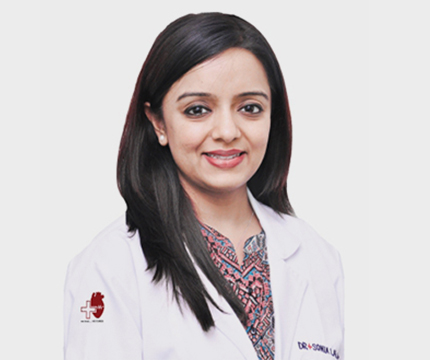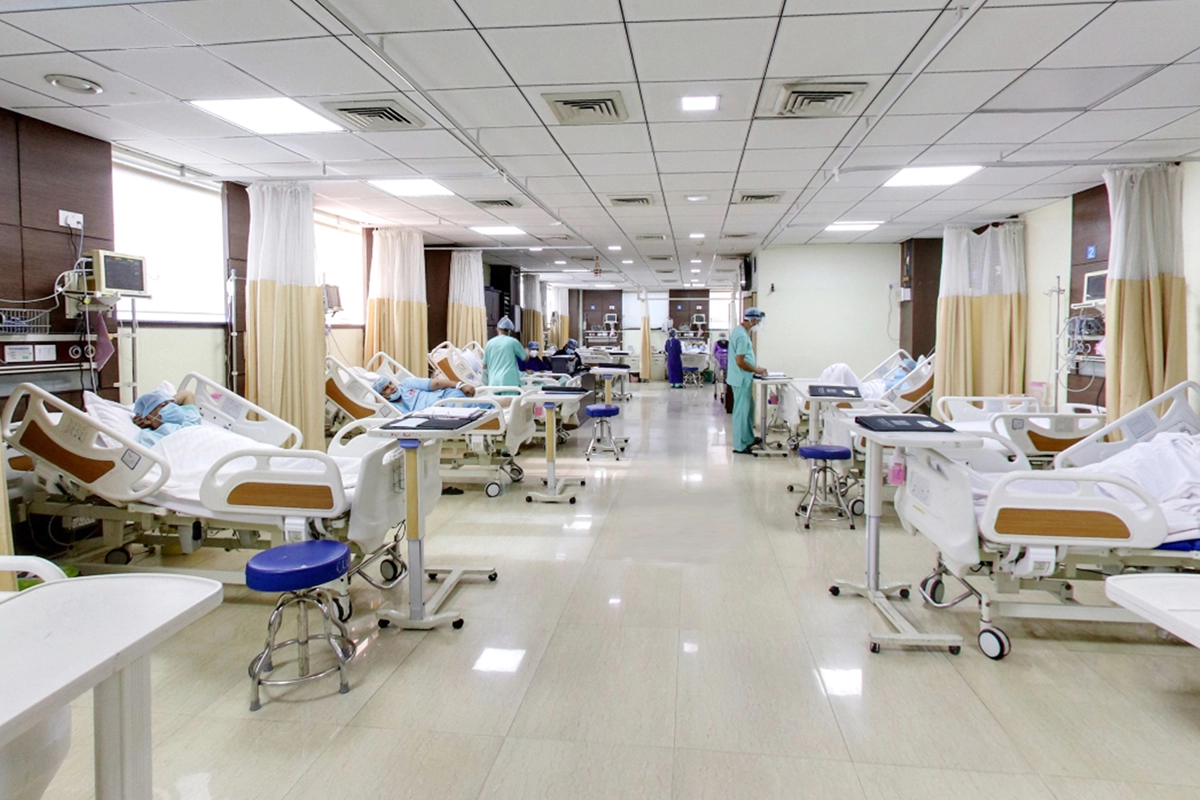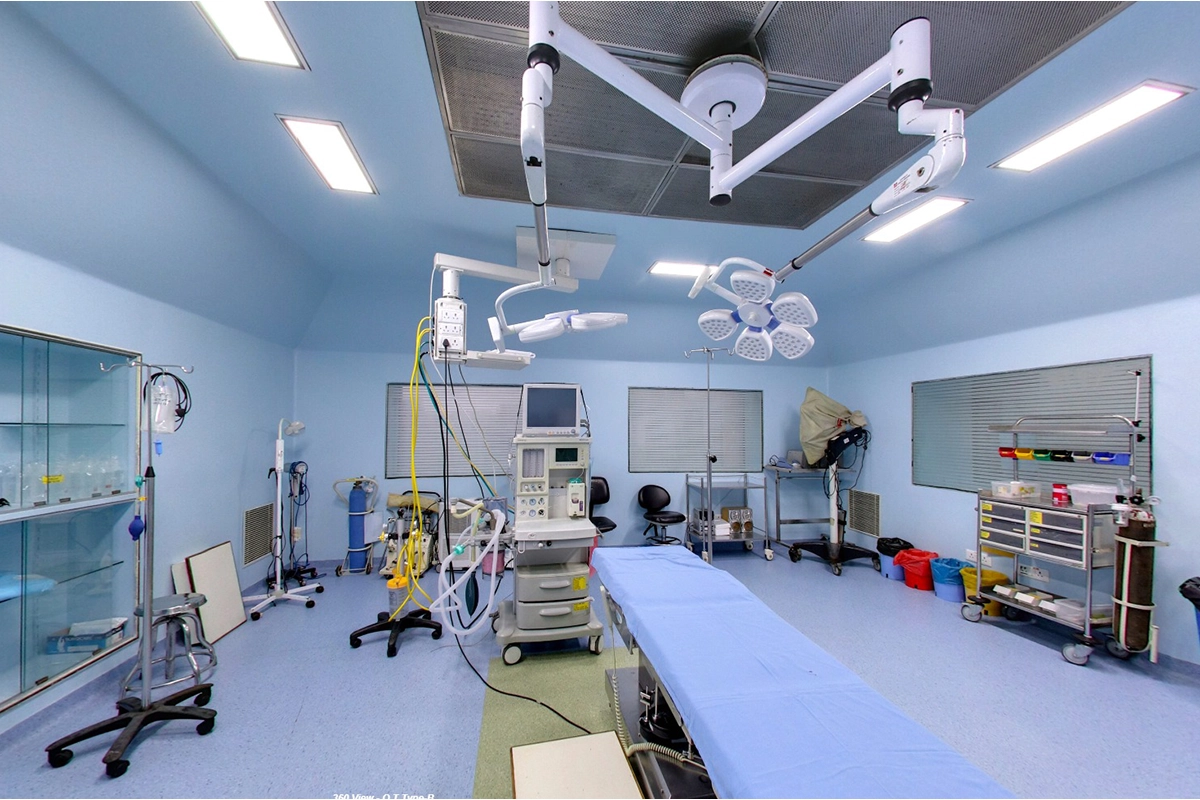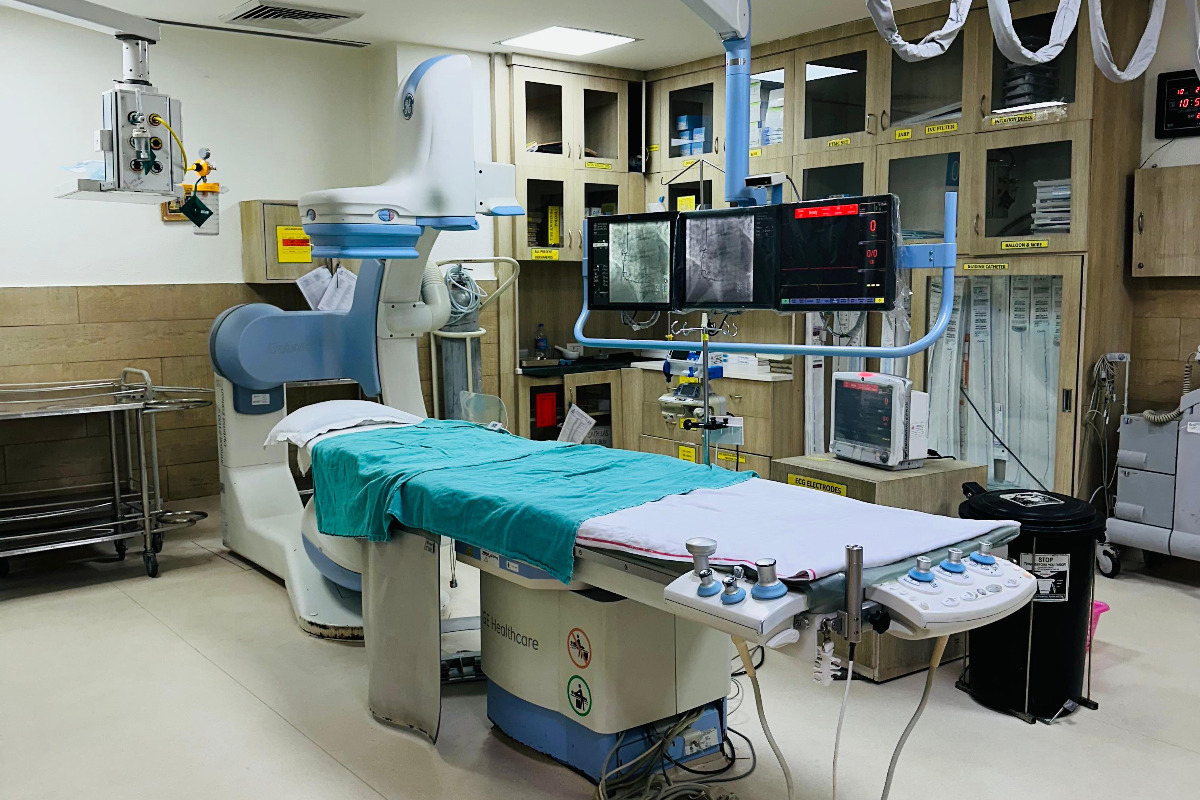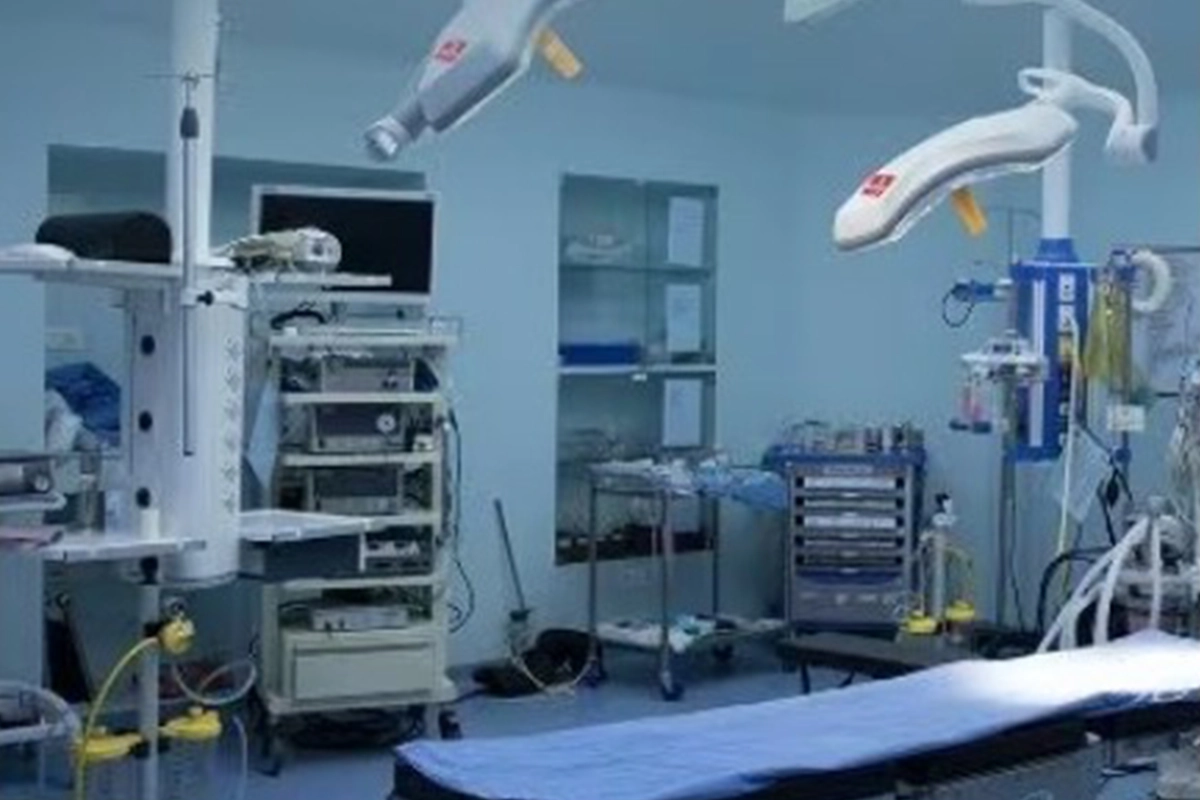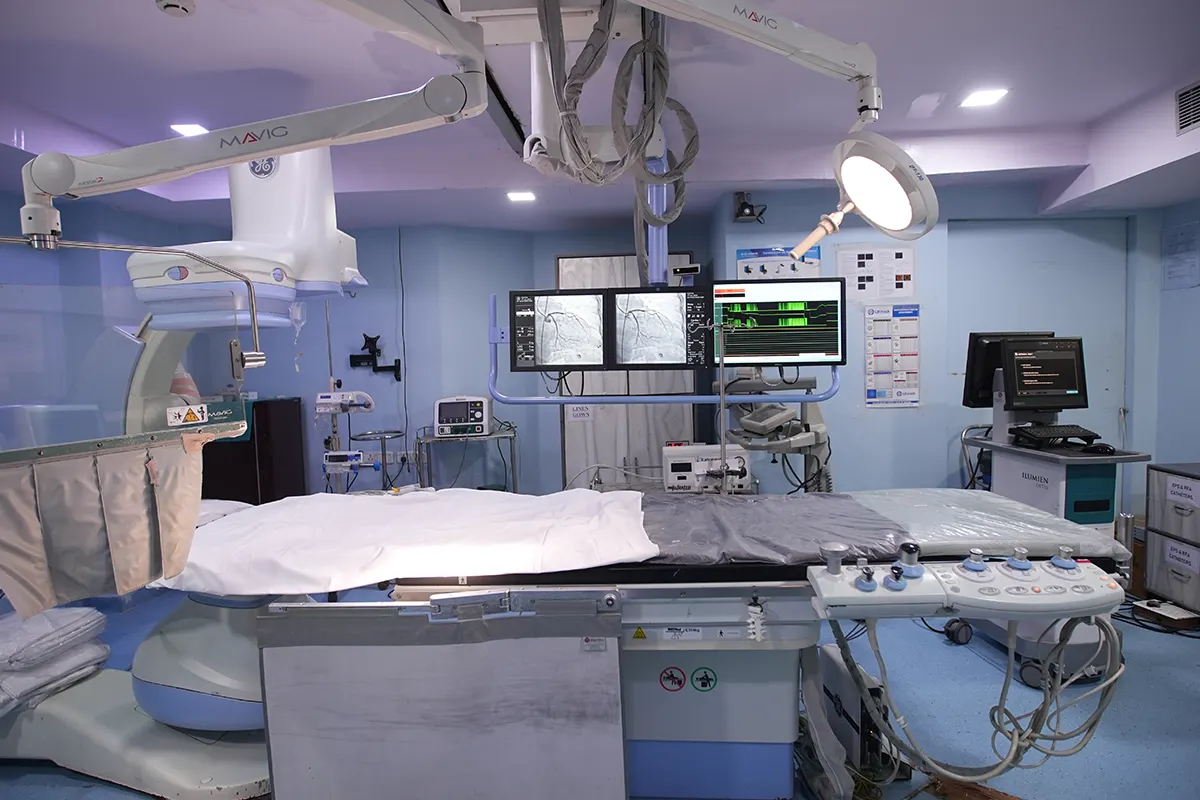Understanding Headache
Headache is a common ailment experienced by people of all ages and backgrounds. While they can be a minor inconvenience for some, others may find them debilitating. Understanding the various aspects of headaches, including their causes, types, and management, is crucial for those seeking relief.
Exploring Headache Types
Metro Headache Clinic addresses a spectrum of headache types, each necessitating a tailored approach for optimal management & treatment.
- Tension Headaches: Chara-cterized by a dull, constant ache around the head or neck, often stemming from stress, poor posture, or anxiety. These headaches often worsen by prolonged periods of computer use or tension in the neck and shoulder muscles.
- Migraine Headaches: Intense, throbbing pain often accom-panied by sensitivity to light and sound. Genetic factors and hormonal changes contribute to their occurrence. Migraines may be triggered by specific foods, hormonal fluctuations, or environmental factors.
- Cluster Headaches: Rare but extremely painful headaches occurring in cycles, usually lasting for several weeks or months, followed by periods of remission. These headaches are often characterized by their intensity and association with eye-related symptoms.
- Sinus Headaches: Caused by sinusitis, leading to pain and pressure around the eyes, cheeks, and forehead. These headaches are often linked to sinus infections, allergies, or nasal congestion.
- Rebound Headaches: Result from overuse of pain medication, leading to increased frequency and severity. This type of headache often requires careful management to break the cycle of medication overuse.
- Hormonal Headaches: are Linked to hormonal changes during the menstrual cycle, pregnancy, or menopause.
- Hemicrania Continua: A rare type of chronic headache responding well to medication. It requires careful diagnosis and ongoing management.
- Primary Stabbing Headaches: Sudden, sharp, stabbing pains lasting only a few seconds, occurring anywhere on the head and usually not a cause for concern. These headaches, also known as “ice creame headaches,” are typically brief but intense.
- Thunderclap Headaches: Sudden, severe headaches requiring immediate medical attention. These headaches may be indicative of serious underlying conditions such as a ruptured blood vessel or brain aneurysm.
- Primary Exertional Headaches: Headaches occurring during or after physical activity, generally short-lived but severe. These headaches are often associated with strenuous exercise and may require lifestyle modifications.
- Chronic Paroxysmal Hemicranias: Cause severe, stabbing pain on one side of the head, often associated with tearing of the eyes and nasal congestion.
Understanding headache is crucial for timely intervention. Seek immediate attention if you experience:
- Fever, neck stiffness, or abnormal neurological symptoms.
- Sudden, new headaches in individuals over 50.
- Headaches associated with confusion or encephalitis.
- Neurological symptoms like weakness, dizziness, or vision changes.
- Headaches accompanied by unexplained fever, shortness of breath, or one-sided weakness.
Determining Causes
Identifying headache causes is vital for targeted treatment. In-depth evaluation is essential, considering various factors:
Tension: Stress, poor posture, and anxiety contribute to tension headaches.
Hormonal Changes: Fluctuations in estrogen levels during menstruation or menopause can trigger migraines in some women.
Environmental Factors: Bright lights, loud noises, and strong smells can act as triggers.
Medical Conditions: Headaches can be a symptom of sinusitis, high blood pressure, and brain tumors.
Diagnosis
Comprehensive examination, combining medical history, physical assessments, and specialized tests can help in identifying the type & cause of headache. Certain tests may be conducted to diagnose the headache in detail.
- CT Scan or MRI
- Blood Tests
- Lumbar Puncture
- Electroencephalogram (EEG)
- Sinus X-ray
Simple lifestyle changes to prevent headaches
Migraines and other headaches can really disrupt your life with pounding headaches, nausea, and sensitivity to light and sound. But besides medicine, you can try some easy lifestyle changes to help reduce how often and how bad these headaches are.
Drink Enough Water
Dehydration is a big trigger for migraines. So, make sure you drink plenty of water, especially when it’s hot or when you’re doing physical stuff.
Get Good Sleep
Try to stick to a regular sleep routine. Aim for 7-9 hours each night. Don’t sleep too much on weekends, as this might trigger migraines.
Eat well
Eat a balanced diet with lots of natural foods. Don’t skip meals, and watch out for foods that might trigger migraines, like caffeine, chocolate, or processed foods. You can keep a diary to track what foods might be causing your headaches.
Manage stress
Practice simple stress-reducing tricks like deep breathing or doing yoga. Figure out what stresses you out and find ways to deal with it. Exercise is also great for managing stress.
Exercise regularly
Regular exercise helps keep you healthy and can make migraines happen less often and be less intense. Start with easy activities and slowly do more as you feel comfortable.
Take breaks and rest
Make sure you take time to relax. Pushing yourself too hard can trigger migraines, so it’s important to balance activity with rest.
Watch your caffeine
Some people find relief with caffeine, but too much can cause migraines. Pay attention to how much caffeine you have and try to cut back if you need to.
Stick to a routine
Have a regular daily routine, like waking up and going to bed at the same time. Eating meals at the same time every day is also helpful. Sudden changes in routine might trigger migraines.
Check hormones
For some, changes in hormones can lead to migraines. If you think this might be happening to you, talk to a doctor for advice.
Create a calm space
Make sure your home and work spaces are relaxing. Try to avoid bright lights and loud noises. You can also add calming things like nice smells or soothing music.
Remember, it might take some time to see results with these changes. If your migraines keep happening or get worse, it’s a good idea to talk to a doctor for more help.
Why Metro Headache Clinic?
Headache specialists who understand you:
Team of headache specialists who understand that not all headaches are the same.
They recognize your unique pain patterns and create a plan just for you.
They ensure you receive high-quality care tailored to your individual needs.
Solutions made just for you:
We know one size doesn’t fit all. Our solutions are personalized to match your specific headache experience.
Your treatment plan considers your unique triggers and characteristics.
Customized physiotherapy for relief:
Experience tailored physiotherapy designed to address the physical aspects contributing to your headaches.
Custom exercises and interventions aim to provide you with targeted relief.
Rehabilitation program for long-term
Well-being:
For those with chronic headaches, our customized rehabilitation program offers a holistic approach.
It combines various therapies to not just relieve symptoms but to improve your overall well-being




